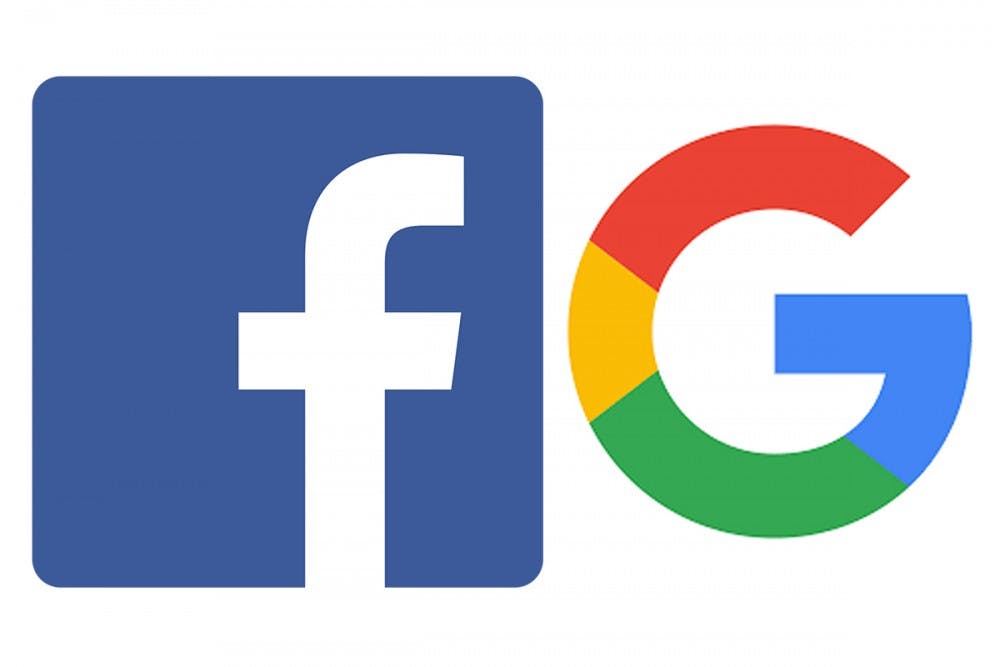The European Parliament recently passed sweeping legislation which will transform online copyright laws in member nations, much to the chagrin of numerous multinational tech firms. However, what is being touted as a victory for independent content creators is actually a wolf in sheep’s clothing. The most prominent statutes being passed — the infamous Article 13 and the lesser known Article 11 — will have widespread, calamitous ramifications on the fundamental framework of web platforms, perhaps beyond the scope of what many of the senile legislators can foresee. Rather than protecting the rights of content creators, the new laws as they currently stand could spell the end of many popular content-sharing websites as we know them.
A discussion of the legal implications of these statutes, though, first requires an examination of the specific measures that they entail. First is Article 13, widely regarded as the “Meme Ban” by myriad online communities. This regulation requires that all commercial websites take extreme measures to prevent copyrighted material from being uploaded to their platform — presumably through the use of sophisticated upload filters. In addition, if any copyrighted content passes through these filters, tech giants will have to make their “best efforts” to buy licenses for anything that users upload, or else risk facing direct liability for copyright infringement. This effectively puts an end to online fair use laws, which form the foundation of a large proportion of global media.
Anyone with the slightest grasp of the scale, scope and nature of the online world will immediately recognize that the feats called for by this legislation are nigh impossible to achieve. Let us take Facebook for example, which alone has over 350 million photos and millions of hours of video uploaded to its servers each day. There is no efficient way of accurately monitoring such a vast quantity of information and scrutinizing every frame for copyrighted content. Moreover, past attempts at creating copyright filters have proven to be highly inaccurate and actually hurt independent content creators — such as the hilariously inept YouTube Content ID system. Tech firms would need to make steep investments in order to improve these technologies, and even then there is no guarantee that they could be successfully implemented on a large scale.
The second major component of the legislation is the lesser known Article 11 — often referred to as the “Link Tax” — which could potentially have even more dire consequences than its sister statute. This article essentially states that a license will be required whenever “single words or very short extracts” of news stories are shared online. While the overall goal of protecting news outlets and reporters may be well-intentioned, it is inexcusably shortsighted. The volume of potential violations is so inconceivably large, that I cannot fathom how it could possibly be uniformly enforced. In addition, the palpable effect of this bill would make it extremely arduous for people to freely circulate news sources online. Due to the fact that the law also makes no exceptions — even for individually-operated firms or non-profits — the bill would have nearly omnipotent influence. Perhaps even this hyperlink-laden opinion piece would be subject to its jurisdiction if it were published in Europe.
If nothing else though, these unfortunate events make me proud to live in America, where we are graced with legislative actions that promote internet freedom rather than impeding it. No better example exists than the recent federal repeal of net neutrality, which was heralded as the end of times by the media and uniformed yokels but has in fact led to a 40 percent spike in web speed since its abolishment. If Europeans want to catch up with the rest of the civilized world in the tech sector, they may want to emulate their brother to the west and practice deregulation.
The laundry list of legislative items recently passed by the European Parliament represents the immense disconnect that exists between its elderly, out-of-touch personnel and our ever-changing world, rife with technological advancement. Moreover, these changes could have a cataclysmic impact on US markets, due to the fact that many of them will have spillover effects that disrupt our tech sector as well. Fortunately, though the copyright rules have passed through the European Parliament, they will not become written law until they are individually implemented and enforced in each member nation — where local governments might recognize the folly of the propositions and practice restraint. Free market competition and judicious, knowledgeable legislation are needed for the future of the internet, and I hope our European friends will realize this before it’s too late.
Milan Bharadwaj is an Opinion Columnist for The Cavalier Daily. He can be reached at opinion@cavalierdaily.com.







